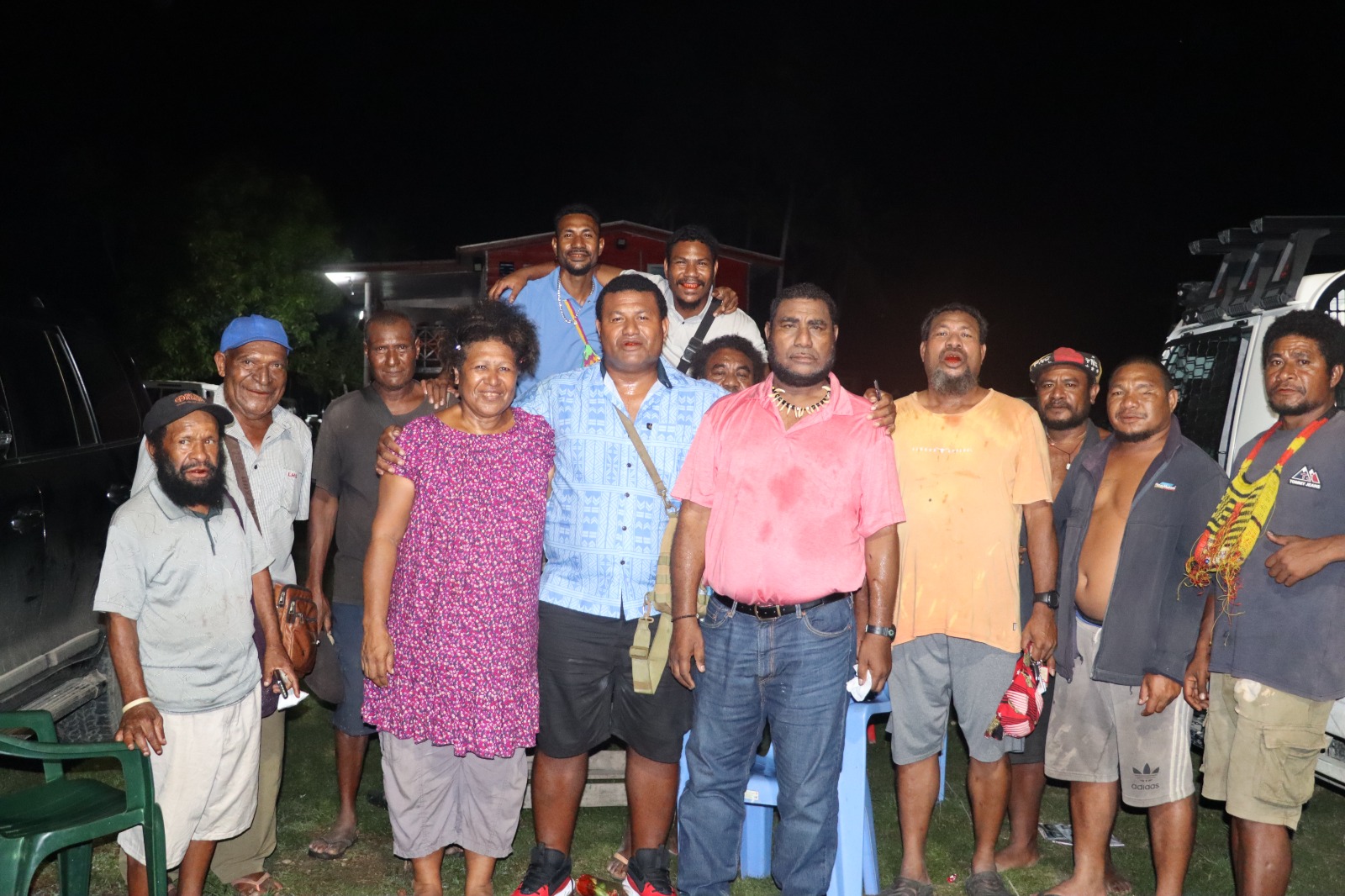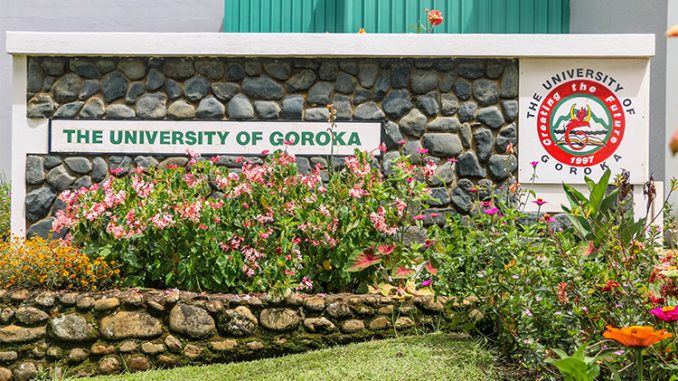Following the completion of the Pawa Bilong Niu Ailan project, the people of New Ireland in the remote communities should look forward to some positive changes.
Access to clean and affordable energy will raise living standards and empower local communities in New Ireland province.
The project, implemented by Australia and the United Kingdom with support from local authorities, installed solar power systems in 74 of the district’s remotest villages. The new solar systems are supplying clean, reliable energy to more than 9,000 households, 76 community facilities and 151 streetlights, lighting up homes, streets and public spaces for more than 35,000 people.
New Ireland Governor Walter Schnaubelt recently joined representatives from Australia and the United Kingdom to congratulate Namatanai District authorities on the successful completion of the project.
“These solar lights will provide a safe learning environment for our students, and communities’ livelihoods will improve,” Governor Schnaubelt said.
Local communities have also played a key role in the project’s long-term Success, whereby through the initiative, a total of 592 local solar champions (296 women and 296 men) have been trained to provide ongoing maintenance for the new solar systems. This is backed by a dedicated Solar Hub in Silom village, set up to provide technical guidance and spare parts, the champions are ensuring their communities have access to clean, reliable energy in the years ahead.
Australian High Commission Minister Counsellor, Dr Cate Rogers commended the commitment and hard work of project partners.
“The project owes its success to the communities themselves – their support and participation was vital.”
Australia remains committed to working alongside Papua New Guinea to achieve its ambitious electrification targets – to connect 70 per cent of the population by 2030 and 100 per cent by 2040.





